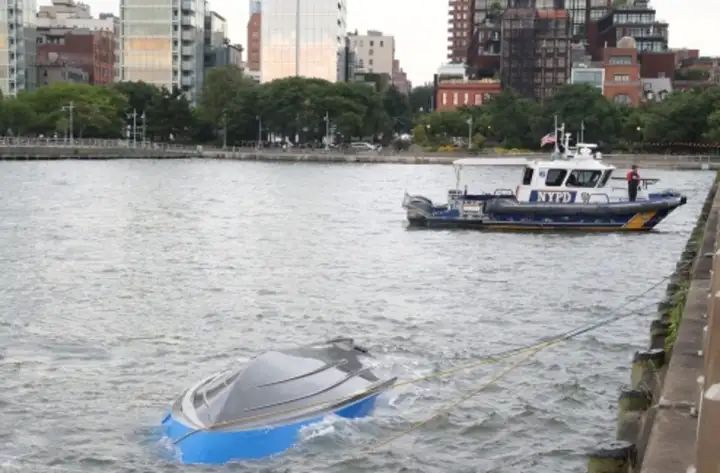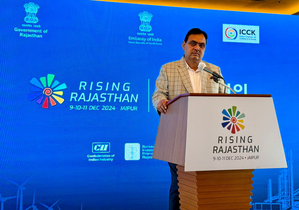Houthis plan to start manufacturing hypersonic missiles for attacks on Israel, Red Sea region: Report

Yemen’s Houthi terrorists reportedly have a new, deadlier-than-ever hypersonic missile in their hands. The group has already successfully tested the munition and plans on manufacturing and using it for attacking targets in the Red Sea and in Israel as well.
Russia’s state-run RIA Novosti Thursday cited a military official close to the Houthis saying “the group’s missile forces have successfully tested a missile that is capable of reaching speeds of up to Mach 8 and runs on solid fuel.”
The official also confirmed that the Houthis plan on manufacturing this ultra high-speed projectile for use during attacks in the Red Sea, the Gulf of Aden, and in Israel.
Can this tip the balance for Houthis?
Hypersonic missiles, by definition, are those that travel at speeds at least five times higher than that of sound. A missile travelling at Mach 8- eight times the speed of sound- would be extremely difficult for the United States and its allies’ air defence systems to counter.
Ballistic missiles fly on a trajectory in which anti-missile systems can anticipate their path and intercept them. The more irregular the missile’s flight path, such as a hypersonic missile with the ability to change directions, the more difficult it becomes to intercept.
Since November last year, the Houthis have been attacking ships in the Red Sea and the Gulf of Aden, claiming their actions are in solidarity with Palestinians.
Adding a new weapon gives them more leverage to pressurise Israel after a cease-fire deal failed to take hold in Gaza before the Muslim holy month of Ramadan.
Is there any merit to this claim?
RIA Novosti did not provide any proof backing the official’s claims.
The Houthis, too, have not mentioned hypersonic missiles yet. However, their leader Abdul Malik al-Houthi, last month warned of “surprises that the enemies do not expect at all.”
Another key Middle-Eastern player is involved in this game of tall claims. Iran, widely known to be backing the Houthis, says it possesses a hypersonic missile, Fattah.
Assertions aside, strong proof remains scant. Iran has denied arming the Houthis.
India’s interest in the Red Sea
The Bab-el-Mandeb Strait is a key waterway that connects the Mediterranean Sea to the Arabian Sea via the Red Sea and the Suez Canal. It is vital for 30 per cent of global container traffic.
The Red Sea is also a busy corridor for India’s sea trade to Europe and the US, making any potential disruptions to the route a significant concern.
Regarding India, the primary export items travelling through this particular route are steel, engineering products, textiles, chemicals, vehicles, and agricultural products. Additionally, the movement of fertilisers, sunflower oil, machinery components, and electronic goods into India has seen delays.
According to a study conducted by the Research and Information System for Developing Countries (RIS) in 2023, the recent spike in threats to cargo vessels on the Red Sea may cause exporters to hold back on shipments due to rising fears. This could potentially lead to a drop in India’s exports by around $30 billion.





